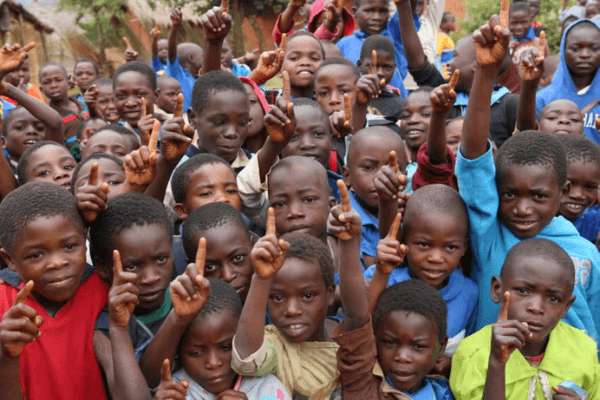
Every year on June 16, people across Africa observe the Day of the African Child. The purpose is to promote the rights of African children and increase awareness of the difficulties they encounter.
The day was initially established in 1991 by the African Union, which was then known as the Organization of African Unity, to remember the Soweto Uprising in South Africa in 1976.
The Soweto Uprising was a student-led protest against the apartheid government’s decision to impose Afrikaans as the medium of instruction in schools. The protest was met with brutal force, resulting in the deaths of hundreds of students. The Day of the African Child serves as a reminder of the costs paid by those students and the ongoing fight in Africa for the rights of children.
On the Day of the African Child, it is critical to consider both the achievements and ongoing difficulties in the fight for children’s rights in Africa. Another purpose of the day is to honor the tenacity and fortitude of African children and to reaffirm our commitment to advancing their rights and welfare.
The theme for the 2023 Day of the African Child is “The rights of the child in the digital environment”.
10 Million Children not in School–UNICEF
The United Nations Children’s Fund, UNICEF has task government and other stakeholders to take use of the potential presented by digitization for the learning and development of Nigerian children.
UNICEF Representative in Nigeria, Ms Cristian Munduate in a message to commemorate the day stressed that the rights of the child in the digital environment offers opportunity to advocate for digital inclusiveness for all children.
Ms Munduate said the education sector in Nigeria faces many challenges ranging from access to quality learning which is inhibited by low domestic spending on education resulting in limited school infrastructure and qualified teachers, high levels of poverty and social norms not supportive of education especially for girls.
These challenges she said, were exacerbated by attacks on schools and abduction of learners. Both have made parents fearful of sending their children to school.
‘’More than 10 million children are not in school at the primary level. For those in school, the quality of learning is poor; 75 percent of primary school age pupils are unable to read with understanding or solve a simple math problem’’.
Munduate noted that to bridge the access to quality learning opportunities, UNICEF and the Federal Ministry of Education launched the Nigeria Learning Passport (NLP) in 2022.
NLP is an online, mobile, and offline digital learning platform powered by Microsoft that enables continuous access to 15,000 curriculum aligned learning and training materials in local languages for learners, teachers, and parents.
According to her ‘’The NLP is inclusive enough to bridge the digital divide because of the availability of an offline module that allows for deployment in rural and hard-to-reach environments where there is no access to the internet.
To this end, Ms Munduate said UNICEF had provided 780 schools in hard-to-areas and rural schools with 13,500 tablets, 1,000 smart rechargeable projectors and 780 internet routers.
So far, since its inception, the Nigeria Learning Passport has provided access to quality teaching and learning resources to 280,000 learners, teachers, parents and young people, she said.




